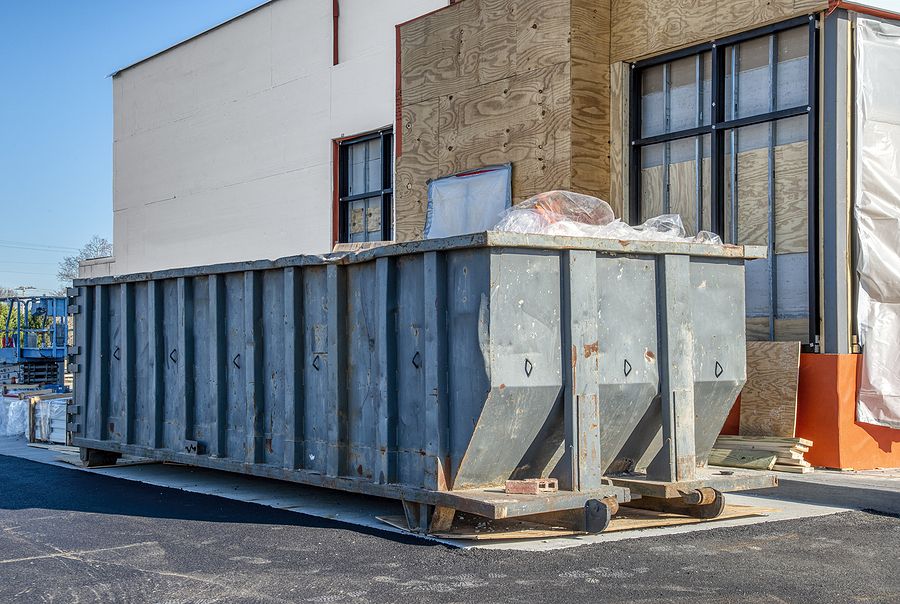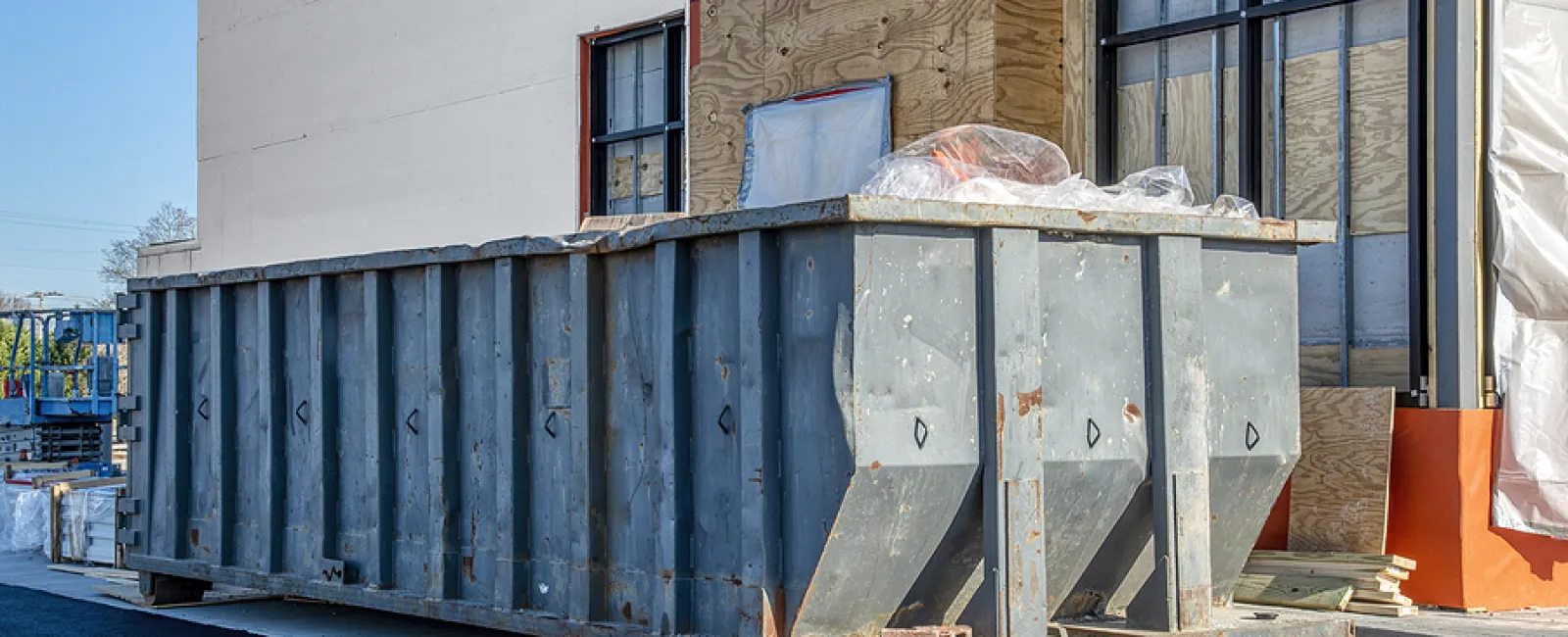Illegal commercial waste dumping has been a persistent problem in many communities, leading to serious environmental consequences and threatening public health. As the issue continues to escalate, authorities in Sacramento have introduced new, stricter penalties to deter this illegal activity. Not only that, but they'll pay a $500-$1000 reward to anybody who reports it.
In this blog, we will discuss the new penalties for illegal waste dumping, how to report illegal dumping and the importance of keeping looking for legal dumping signs.

Penalties for Illegal Commercial Waste Dumping
In response to the growing problem of illegal waste dumping, both the city and county have penalties for this crime by California law. The penalties are designed to be a strong deterrent for businesses that engage in illegal waste disposal, as they can face various penalties.
California Penal Code 374.3 makes dumping waste on public or private property illegal. The fine can be up to $10,000 from the state. On top of this, Sacramento County will issue fines from $100-$1000, along with a misdemeanor charge, for the first offense. Subsequent offenses may result in fines of up to $3,000, and used tires can double the fine.
Individuals guilty of illegal waste dumping may face imprisonment for up to six months. And illegal dumping signs are not necessary on the property for the party to be found guilty. Learn more about what to do with property disputes.
And things get even worse when the waste is found to be in commercial quantities. Commercial waste dumping starts between $1,000 and $3,000 for the first offense and up to $10,000 for subsequent offenses. If a business owner with ten or more employees is found guilty, the fines range from $1,000 to $5,000 for the first offense and up to $20,000 for additional offenses.
Not only that, but the person will be responsible for the expenses involved in removing the waste.
How to Report Illegal Dumping
If you witness illegal dumping or suspect it has occurred, it's crucial to report it immediately. Here's how to report illegal dumping:
- Gather information: Take note of the incident's location, time, and date. If possible, take photographs or videos of the dumping activity, the waste, and any vehicles or individuals involved.
- Contact local authorities: Report the incident to your local environmental protection agency, waste management department, or the police. Provide them with the information you have gathered for an illegal dumping report.
- Follow-up: Stay in touch with the authorities to ensure the issue is addressed. Your involvement can be crucial in building a case against the perpetrators.
Illegal Dumping Signs to Watch
To help protect your community and the environment, it's essential to be vigilant and watch for signs of illegal waste dumping.
Notice large amounts of waste in areas not designated for waste disposal, such as wooded areas, vacant lots, or abandoned buildings. This could be a sign of illegal dumping. Illegal dumping is often associated with construction or industrial waste, such as concrete, rubble, or hazardous materials. Be on the lookout for unusual waste materials in your community.
Waste is dumped in the same area repeatedly is likely a sign that illegal dumping is taking place. Be cautious of vehicles, especially trucks or vans, that appear to be transporting large amounts of waste and stopping in unauthorized disposal areas.
Illegal commercial waste dumping is a significant problem that threatens the health of our environment and communities. Introducing new penalties aims to deter this illegal activity and hold those responsible accountable, and commercial litigation can be laborious.
By watching for illegal dumping signs and learning how to report illegal dumping, we can all help protect our environment and ensure a cleaner, healthier future for future generations. And if you've been falsely accused of illegal dumping, please contact the experienced attorneys at Krogh and Decker to learn more about how to protect yourself.
